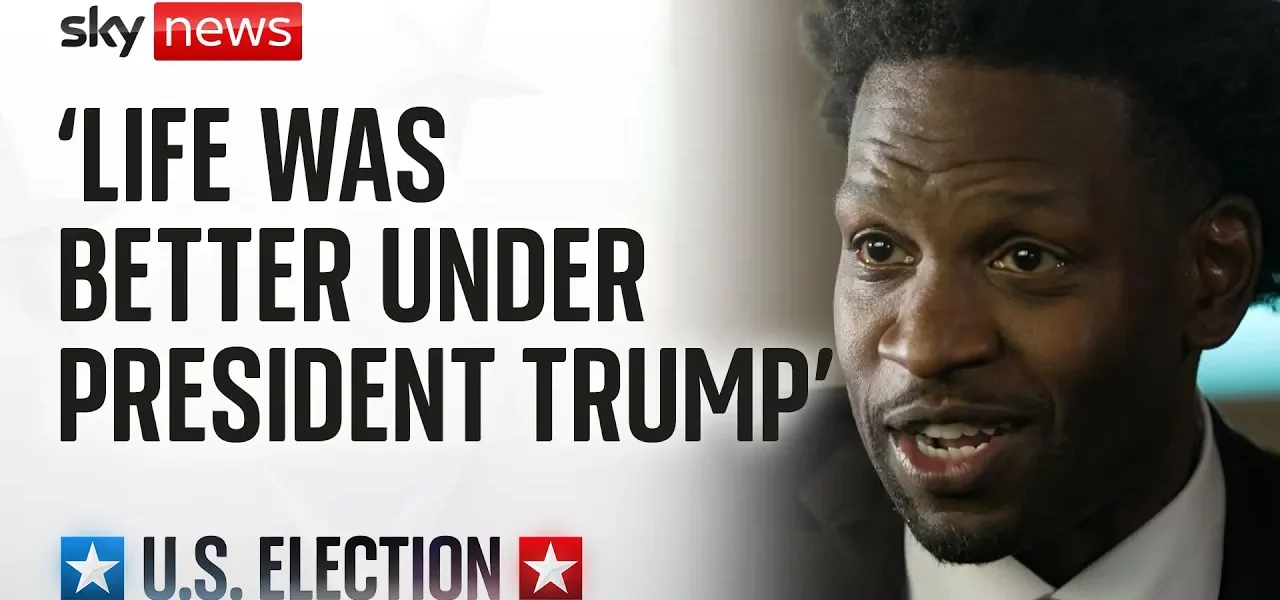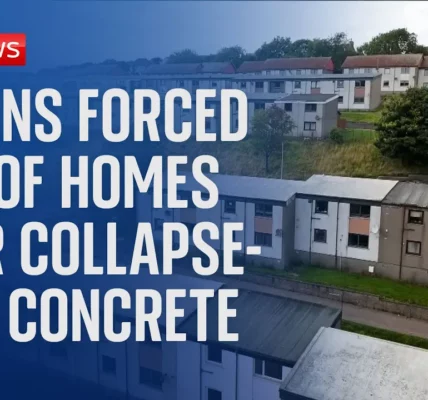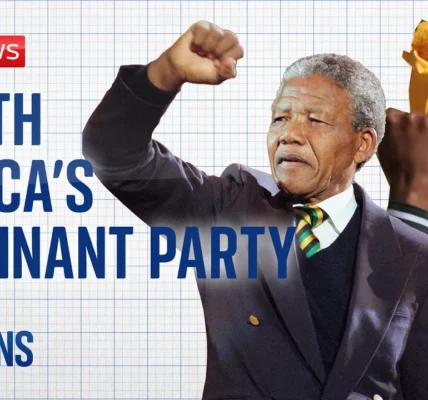This Street Tells the Biggest Story: Grand River Avenue in Detroit

Grand River Avenue in Detroit is more than just a street; it is a reflection of the city’s complex racial and political landscape. This article delves into the various narratives that emerge from this iconic thoroughfare, exploring the perspectives of local leaders, residents, and the implications for upcoming elections.
Introduction
Detroit’s Grand River Avenue serves as a microcosm of the city’s broader social and political dynamics. As one traverses this avenue, the stark contrast between its desolate stretches and the bustling downtown area becomes apparent. This article will explore the historical context, current political climate, and the voices of those who inhabit and influence this significant part of Detroit.
The Historical Landscape of Grand River Avenue
Grand River Avenue has long been known for its rich history and diverse communities. However, the area north of downtown has faced significant challenges in recent years. Factors contributing to its decline include economic disinvestment, urban decay, and changing demographics.
Economic Disinvestment
Many businesses have left the area, leading to increased unemployment and poverty rates. The lack of investment in infrastructure has further exacerbated these issues, making it difficult for residents to access essential services.
Changing Demographics
The demographics of Grand River Avenue have shifted over time, with a notable decline in population in certain regions. This shift has led to a perceived sense of abandonment among residents.
Political Dynamics on Grand River Avenue
The political landscape along Grand River Avenue is fraught with tension and varying opinions. As residents grapple with the realities of their community, national politics often seep into local discussions.
Local Leaders and Their Influence
Lorenzo Su, a local pastor, has become a prominent figure in the community. His vocal support for former President Trump highlights the divided sentiments among residents regarding political leadership.
National Figures and Community Reactions
Recent visits by political figures such as Barack Obama and Joe Biden have been met with mixed reactions from the community. Residents express feelings of neglect and question the effectiveness of political outreach efforts in their neighborhoods.
Obama’s Impact
Many community members feel that President Obama did not adequately address their needs during his presidency, leading to skepticism towards Democratic candidates.
Biden’s Approach
Similarly, President Biden’s engagements with more affluent or formal events rather than grassroots initiatives have caused some to feel overlooked.
The Role of Black Voters in Upcoming Elections
As the 2024 elections approach, the role of Black voters on Grand River Avenue is becoming increasingly significant. Political strategies are being reevaluated as candidates seek to engage this critical demographic.
Shifting Allegiances
There is a growing sentiment among Black voters questioning their loyalty to the Democratic Party. This shift could have profound implications for the election outcome in Michigan, a key swing state.
Factors Influencing Voting Decisions
- Economic Conditions: Many voters prioritize economic stability and are influenced by their immediate financial situations.
- Candidate Perception: The character and integrity of candidates are increasingly vital, with voters seeking authenticity and relatable leadership.
- Community Engagement: Candidates who genuinely engage with the community and address local issues may find greater support.
Conclusion
Grand River Avenue encapsulates the complexities of Detroit’s socio-political landscape. The voices of its residents, local leaders, and the historical context shape the narrative of this avenue. As the upcoming elections approach, understanding these dynamics will be crucial for candidates seeking to connect with voters. It is essential for all community members to engage in the political process, ensuring their voices are heard and their needs addressed. For more insights into Detroit’s political climate, explore our related articles on community engagement and voter mobilization.
“`




